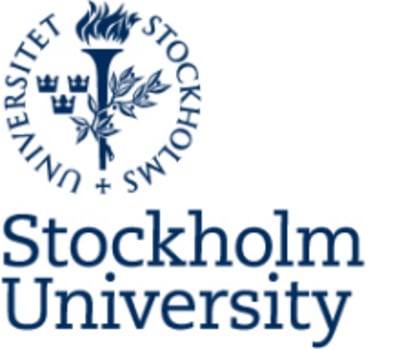
Master in Social-Ecological Resilience for Sustainable Development
Stockholm University

Key Information
Campus location
Stockholm, Sweden
Languages
English
Study format
On-Campus
Duration
2 years
Pace
Full time
Tuition fees
SEK 70,000 / per semester *
Application deadline
15 Jan 2025
Earliest start date
01 Sep 2025
* EU/EEA/Swiss citizens are not required to pay fees
Introduction
Our Master’s program in Social-Ecological Resilience for Sustainable Development is a research-focused program that introduces you to the complexity of interactions between humans and nature. You learn to use resilience thinking as an approach to understanding and managing social-ecological systems.
The program aims to enhance your understanding of the complex interactions between social and ecological dynamics at different scales and in the context of change and uncertainty. You are introduced to different research approaches and methods for studying coupled social and ecological systems. You do this in an international and highly interactive learning environment. The aim is to provide our students with insights into problem-driven transdisciplinary environmental research, in order to contribute to the research in this field and to address real-world problems.
Reasons to choose
- Broad training in methods for studying the complexities of social-ecological systems
- Emphasis on how resilience thinking can be applied to solve real-world problems
- International and highly interactive learning environment where you develop skills and networks
Curriculum
The program is a 2-year, full-time study where you attend four mandatory courses in the first year that provides broad training in concepts, theories, and methods for studying the complexities of social-ecological systems. In the second year, you will develop and conduct your own research. This research will form the basis of your Master’s thesis which will relate to one or more of the research themes at the Stockholm Resilience Centre and usually compliments ongoing research. Our ambition is that your research will be publishable in peer-reviewed journals.
Year 1
Compulsory courses
- Social-Ecological Systems: Challenges and Approaches
- Systems Theory and Resilience Thinking
- Governance and Management of Social-Ecological Systems
- Resilience Reflections and Applications
In addition to the compulsory courses you have 7.5 credits of optional courses in the spring semester, these can be in another subject area.
Year 2
Compulsory course
Degree project in Social-ecological resilience for sustainable development 60 credits.
Independent project
Master’s degree projects are usually incorporated within ongoing research projects related to the current research themes and streams at the Stockholm Resilience Centre.
Career Opportunities
The MSc program serves as good preparation for continuation to Ph.D. studies within social-ecological systems and sustainability. It opens up potential careers in governmental ministries and local administrative authorities, NGOs and research institutes, or working with indigenous rights. In the private sector, job possibilities exist in consulting agencies and companies worldwide.